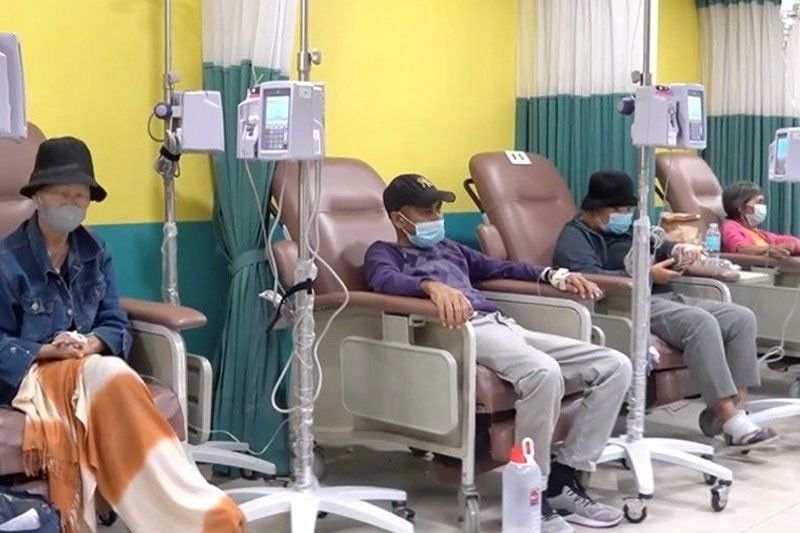Philippines health budget climbs 6-fold to P309 billion

MANILA, Philippines — The government’s annual health budget posted a six-fold jump in the last decade due to higher sin taxes, according to a working paper published by the Institute for Leadership, Empowerment and Democracy (iLEAD).
The paper titled “A Performance Review of Sin Tax Reforms in the Philippines from 2012 to 2020” showed the sin tax reforms undertaken between 2012 and 2020 helped generate revenues for Universal Health Care.
The paper written by Kenneth Isaiah Ibasco Abante, Adolfo Jose Montesa, Lyonel Tanganco, Viviane Apostol and Patrick Acupan said that the reforms also delivered on the promise to decrease smoking prevalence in the country.
The study examined the four rounds of sin tax reforms passed in 2012, 2017, 2019 and 2020, and assessed their performance in relation to claims and criticisms with regard to health outcomes, revenues and expenditures, tobacco farming and illicit trade.
It reviewed more than 187 references, research and data sets on health outcomes, revenues and expenditures, tobacco farming and illicit trade.
More than 10 years after the passage of the landmark 2012 Sin Tax Reform Law or Republic Act 10351, the study found that sin tax reforms on alcohol, tobacco, e-cigarettes, vape and heated tobacco products have generated P1.1 trillion in additional revenue above the 2012 baseline.
The annual health budget increased six-fold to P309 billion in 2023 from P53 billion in 2013.
However, in terms of affordability, it was noted that cigarettes remain affordable, at P100 per pack and P5 per stick.
Despite the tobacco industry’s criticism that higher sin taxes would harm local tobacco farmers and kill the local industry, the study found that the local tobacco industry has been resilient.
Sin tax reforms increased annual earmarks for tobacco-producing local government units by four to five times the 2014 levels.
From 2012 to 2022, real value of tobacco production has grown by 6.6 percent.
However, the researchers noted that these findings must be validated through individual-level surveys of tobacco farmers.
“There is room for further tax increases on alcohol, tobacco, vape and heated tobacco products,” said Abante, one of the authors of the study.
The authors recommended the estabslihment of accountability mechanisms for the implementation of sin tax reform to monitor the gains of the law.
They said that improving reporting compliance would result from the Joint Congressional Oversight Committee exercising its oversight functions with implementing agencies.
Further, the group also emphasized that open data sharing is crucial for transparency.
- Latest
- Trending




























